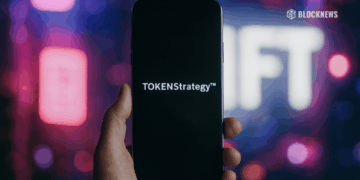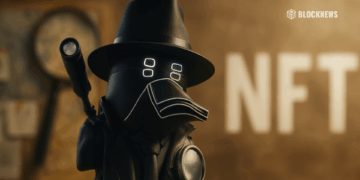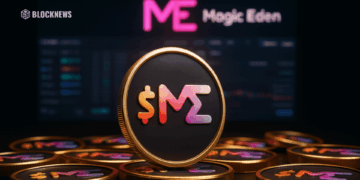- NFT technology promises more than it fails, with new uses still being explored despite a market downturn.
- FanSociety blends traditional fan clubs with blockchain tech to help musicians fund and expand their reach.
- Limitations in NFT projects like fixed sizes are being reimagined to allow continuous expansion and inclusivity.
The fluctuating world of nonfungible tokens (NFTs) has seen its share of highs and lows since capturing global attention in 2019. Despite the subsequent market challenges, these digital assets continue to provide innovative opportunities, particularly in the music industry. A fresh perspective from a seasoned Web3 developer reveals how NFTs are more than just collectibles; they are pivotal tools for creative and financial growth.
Miles, the creative force behind FanSociety, discussed the project’s inception and objectives during the May 1, 2024 episode of The Agenda podcast. Hosted by Ray Salmond and Jonathan DeYoung, the discussion unveiled how FanSociety aims to reshape artist-fan interactions.
Bridging the Old and the New
FanSociety, as explained by Miles, is not just another NFT project. It’s an ambitious fusion of 1950s fan club concepts with the crowdfunding capabilities and immutable record-keeping of modern blockchain technology. This platform is designed to support musicians at various stages of their careers, from funding initial productions to maintaining and expanding a dedicated fan base.
Overcoming Traditional Limitations
One significant innovation Miles brought up is the restructuring of how NFTs are typically managed. Traditional NFT projects often suffer from rigid limitations, such as fixed collection sizes, which can hinder an artist’s ability to grow their fanbase inclusively. FanSociety proposes a more flexible model where collections can expand dynamically, resonating with the inclusive spirit of Web3 philosophies.
This adaptability extends to revenue sharing, a critical aspect where Miles sees significant potential for improvement. He critiqued the current models used by popular platforms like Twitch, which often take a large portion of the revenue that could otherwise benefit content creators directly. Through FanSociety, artists can offer their fans unique digital artifacts, enhancing the value exchanged between them beyond conventional merchandising.














